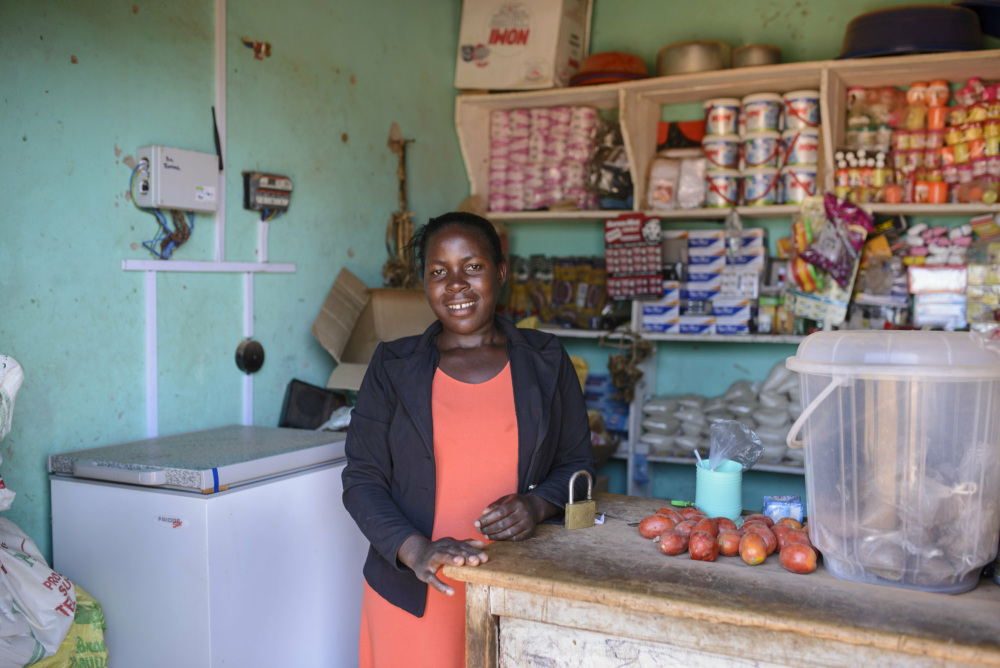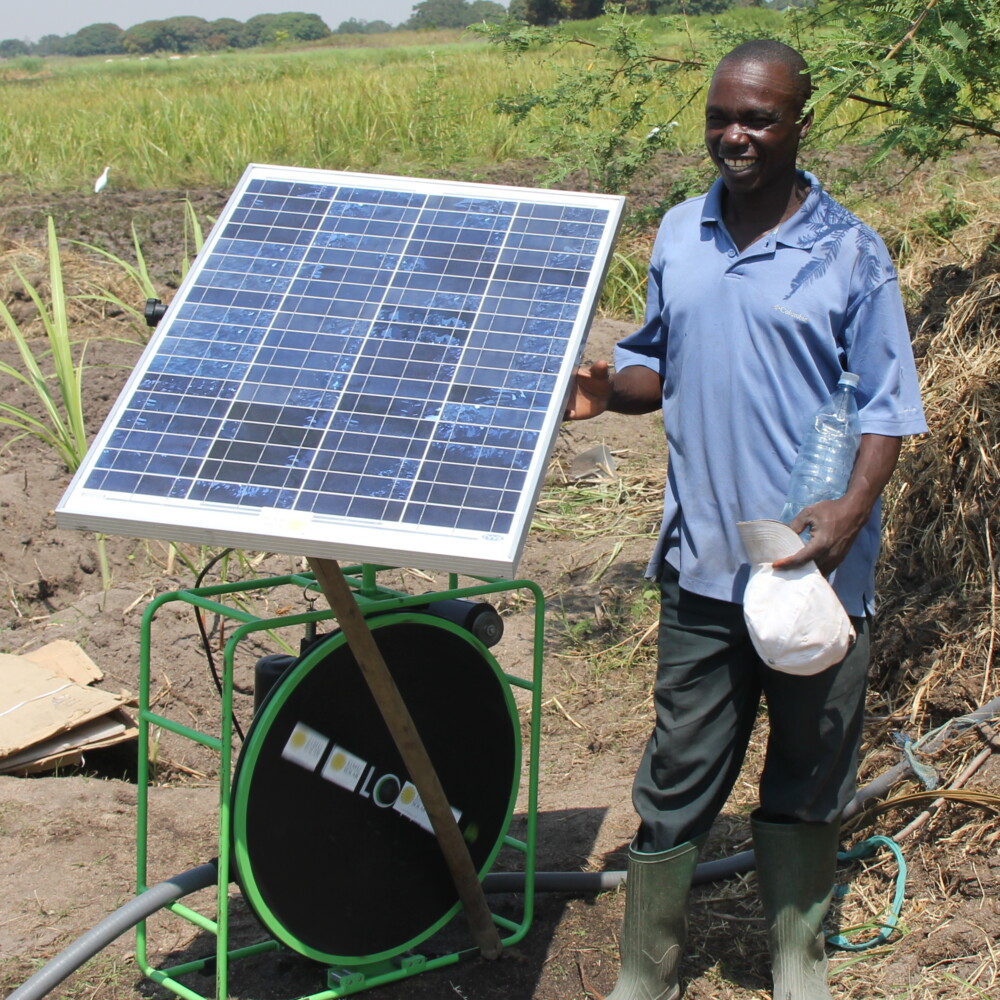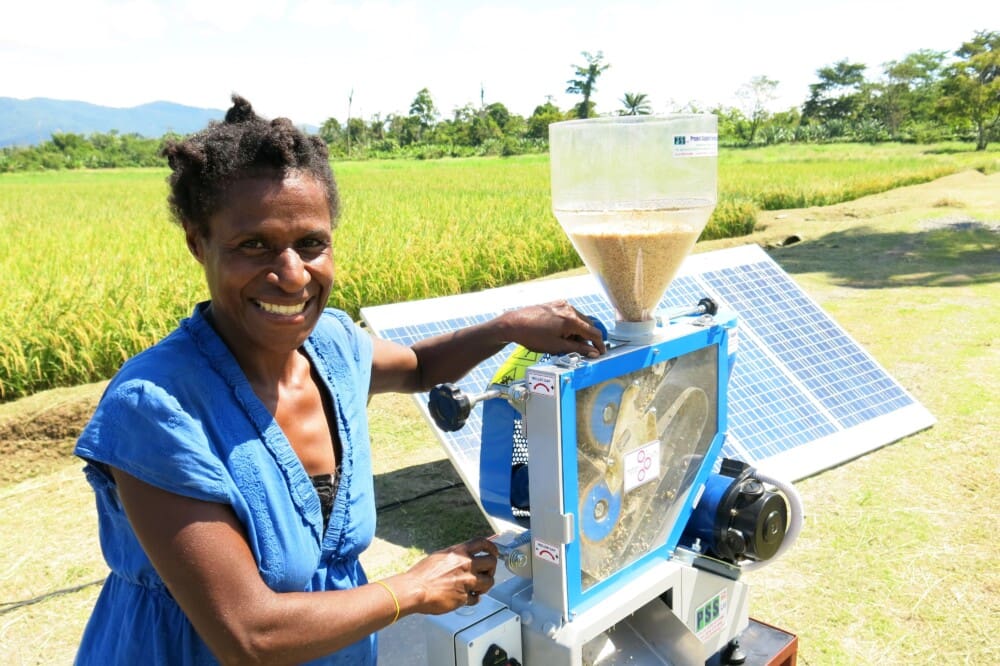
Cold Chain
Essential for a sustainable agricultural sector, modern cold chain technology is still often out of reach in developing markets due its prohibitive cost and high load requirements. Cold chains manage the temperature of perishable goods from farm to table – maintaining quality and safety in the supply chain, reducing food loss, and enhancing income-generating opportunities.
Agricultural cold chains are crucial to developing markets and improving economic outcomes of agriculture-based economies. Establishing cold chains as extensive and reliable as those in industrialised countries would enable developing countries to raise food supply by 15%.


